This past weekend, the world was shocked as violence erupted between Israeli and Palestinian forces.
In what the UN Security Council acknowledged to be a “game-changing” series of events, death, damage, and destruction returned to the region with hundreds of lives reported to have been ended wastefully.
The sheer size and scale of the terror has drawn near-universal condemnation from across decent politics but there were, inevitably, some on the political and cultural left who responded with all the grace of a bowling ball being thrown down an elevator shaft.
Corbynite Labour MSP Mercedes Villalba choose the moment to take to Twitter to declare, “We will not see peace or justice without an end to the occupation of Palestine,” an innocuous statement in isolation perhaps, but not in the context of the human misery unfolding across our TV screens.
Similarly, Green MSP Maggie Chapman thought it was appropriate to Tweet a garbled and unlettered, and deeply misguided, heap of words about “apartheid” and “imperial aggression” as the bodies lay cooling.
Her colleague, Ross Greer, also piped up with some obfuscatory remarks about what the actual cause of the attack on Israel was… Israel. Presumably to restore some gender balance to the whataboutery.
The subtext was deafening: this is what Israel gets.
Those with longer memories will remember a similar refrain, notably espoused by Dundonian George Galloway, after the 9/11 terrorist attacks in New York.
Rather than Israeli domestic policy, that argument alleged that the deaths caused were the fault of American foreign policy and not, as would seem obvious, of the barbaric and theocratic murderers.
However you slice it, it seems that the Scottish left, certainly on its outside flank, has a real issue with victim-blaming when it comes to certain countries to whom they have become fundamentally and ideologically opposed.
It was the United States of America in 2001 and it is Israel in 2023.
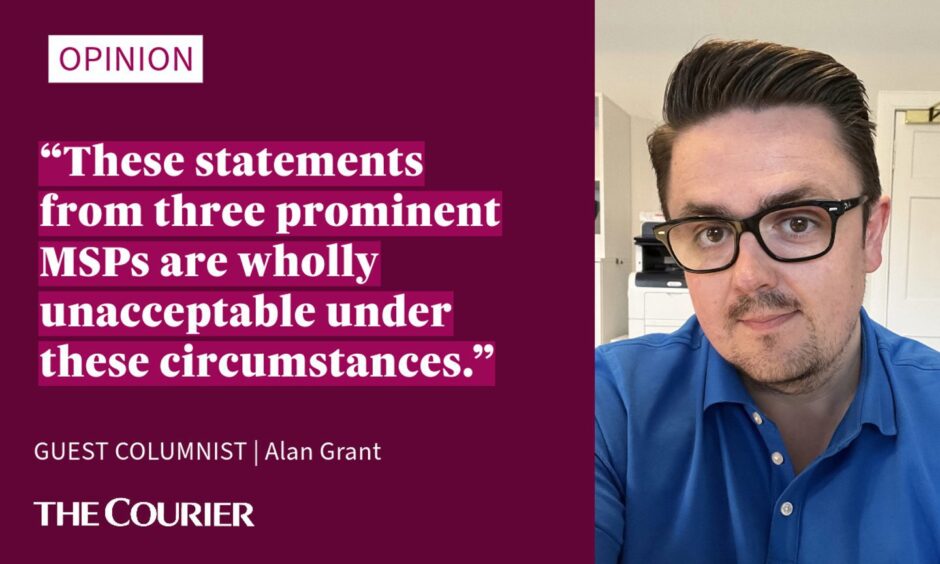
These statements from three prominent MSPs, like the signage held up by an appalling minority of Celtic fans at a recent game, are wholly unacceptable under these circumstances.
They are free to say these things, nobody worth listening to is advocating censoring Chapman, Greer, or Villalba, but they should not be left in any doubt how odious what they had to say was.
Thankfully, many cooler heads in Scottish political life have made that clear.
Chapman’s comments in particular, which were followed by a cringe-worthy doubling-down, attracted the ire of the online public and several high-profile Tories.
They were right to do so and serious questions must now be asked in particular about the North East MSP’s suitability to remain Deputy Convener of Holyrood’s Equalities, Human Rights and Civil Justice Committee.
Chapman, Greer, and Villalba are most likely decent people suffering from a moral and ethical blind spot
What makes it worse, is that Chapman, Greer, and Villalba, as well as those who agree with them, are most likely decent people suffering from a moral and ethical blind spot.
Under almost any other set of circumstances one could imagine, they would see a country under attack and recognise it as terrorism.
They would see victim-blaming and would react appropriately, with revulsion.
So why treat Israel differently when the dead of its population lie in its streets?
Why the “if they didn’t want robbed, why did they leave their door unlocked” logic?
The answers to that question range from a mundane cognitive dissonance to motives about which I dare not speculate.
A period of silence from all involved would be most welcome
Either way, a period of silence followed by consistency would be most welcome from all involved.
How long this latest fighting goes on for is anybody’s guess. Also unclear at the moment is how many lives it will take, homes and businesses it will destroy, and what the cost, in both money and all other measurements, will be.
However, what is not up for doubt is that the double-standard and victim-blaming will continue as heels are dug in and not an inch of ideological ground is deemed worth giving up.
I suggest they might want to “hide their face and weep,” both for Israel and for their own moral integrity.
Alan Grant is a freelance writer and columnist. He is based in Edinburgh and writes regularly about Scottish and UK politics.
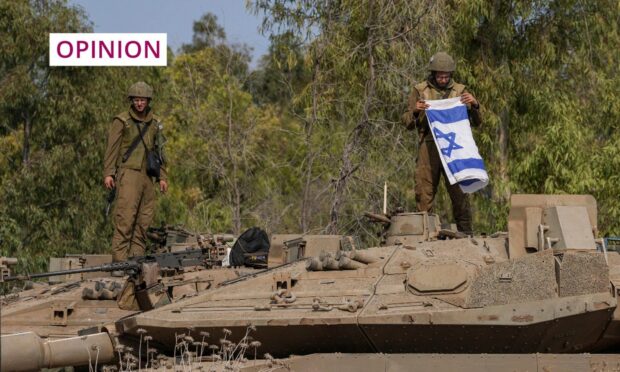
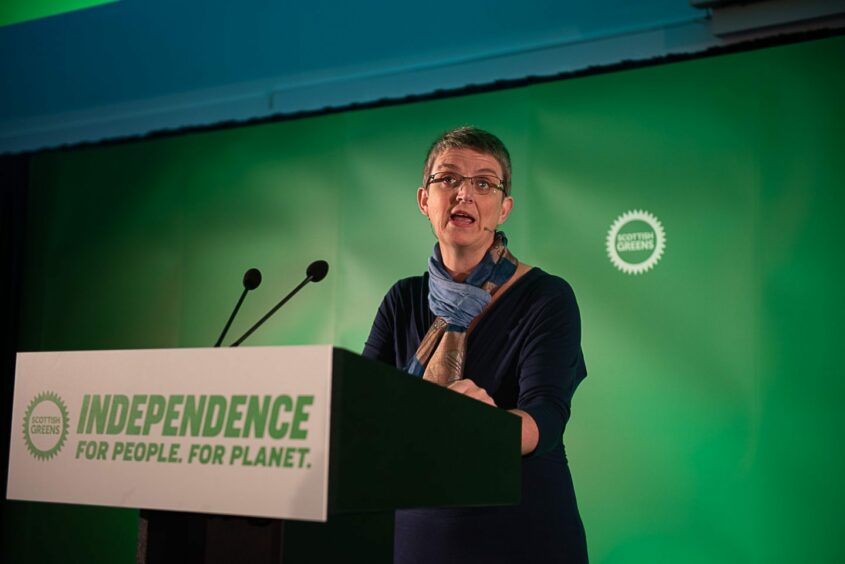

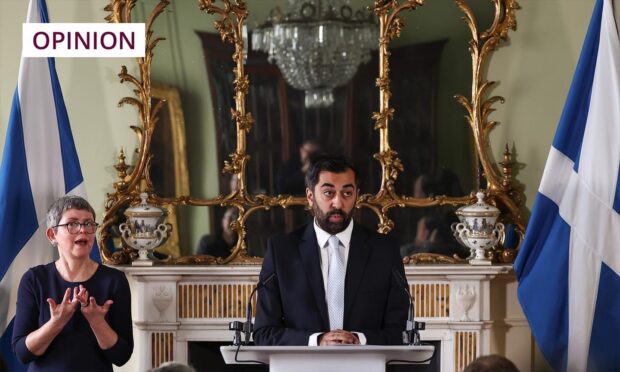

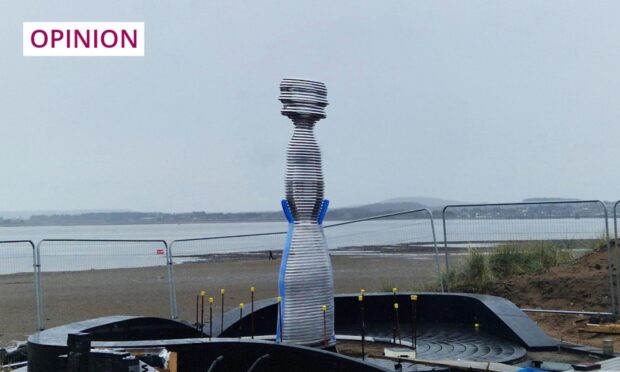
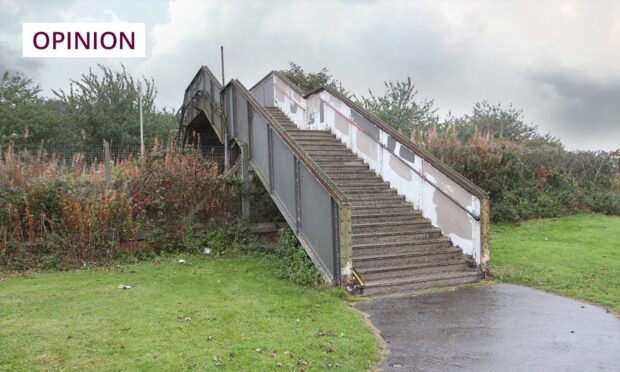
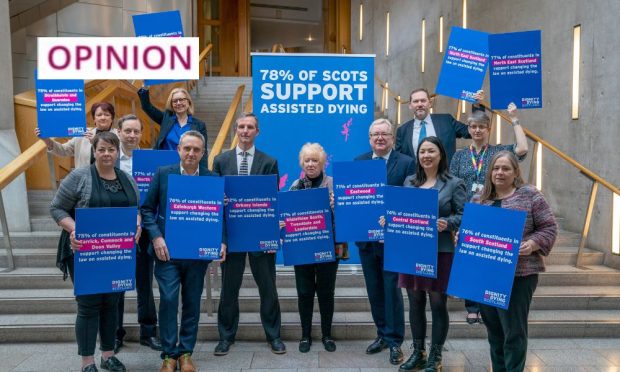



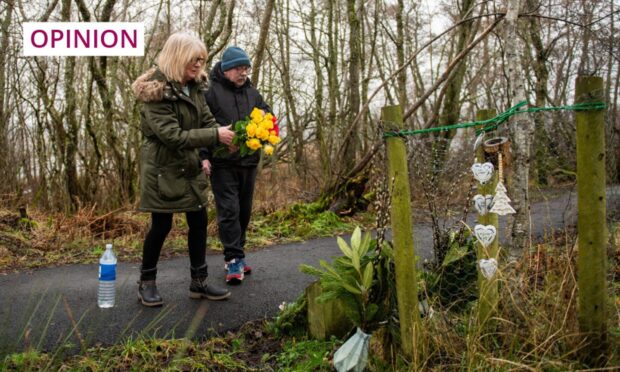
Conversation